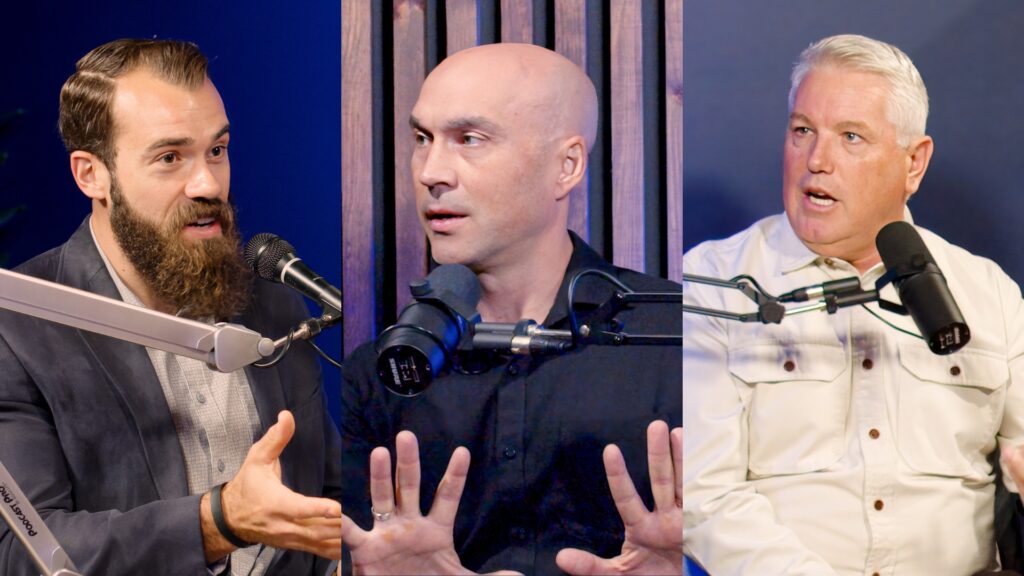But I [Yahweh] have raised you [Pharoah] up for this very purpose, that I might show you my power and that my name might be proclaimed in all the earth. You still set yourself against my people and will not let them go. Therefore, at this time tomorrow I will send the worst hailstorm that has ever fallen on Egypt, from the day it was founded till now. . . . Those officials of Pharaoh who feared the word of the Lord hurried to bring their slaves and their livestock inside. But those who ignored the word of the Lord left their slaves and livestock in the field. (Exodus 9:16-21, emphasis added)
Evangelism is a beautiful word. It comes from the Latin word evangelium, a transliteration of the Greek word euangelion, meaning “gospel” or “good news.” Evangelism is simply declaring the good news of Jesus Christ.
It can be discouraging to share the good news and have it rejected. Often, for Christians, our fear of rejection keeps us from sharing at all. But by allowing fear instead of faith to direct us, we are depriving ourselves of one of the greatest privileges God gives his people.
We get to be ambassadors for the King. 2 Corinthians 5:20 says, “We are therefore Christ’s ambassadors, as though God were making his appeal through us. We implore you on Christ’s behalf: Be reconciled to God.” As ambassadors we get the privilege of helping people end their war against God and enter his peace through Jesus Christ.
Being named an ambassador for your nation is a very high honor. As an ambassador, you are sent on a diplomatic mission to represent your country at the highest levels of a foreign power. Your actions can change the course of history.
An ambassadorship can also be a very challenging mission. In 1979, the US embassy in Iran was attacked, and 52 diplomats and citizens were taken hostage. They were attacked because of what they represented and the message they had to deliver. Ambassadors bear the image of what they represent, and they bear the message they are given to deliver. Their message is not their own. If you are the ambassador to a wealthy and friendly, paradise nation then the job is a dream, but if you are the ambassador in a hostile nation then the work is decidedly less delightful. Either way, the job is the same.
Sometimes bearing the ambassadorship of Christ is delightful—the message we give from the King is received with joy and celebration, but often our good news is received with hostility. Does the mission change based on whether the message is received or rejected? No. The message is not ours—it’s the King’s. We fulfill our mission and allow the Holy Spirit to fulfill his.
Evangelism in the face of rejection sometimes brings us face to face with our own idols. I know that sometimes I can make an idol out of being accepted or liked by others. Facing rejection is hard for anyone. Moses was sent with a message that he knew would be rejected, but he stood and delivered. In Exodus 9, Yahweh was doing something even in the rejection. He was raising up Pharoah for a fall that would show the world exactly who Yahweh was. But there is more. Even in that hostile situation God was working in the hearts of people. There were Egyptians who were starting to fear the Lord and obey.
Don’t despair when your message is not immediately received. It is not your message. It is a message entrusted to you. Be faithful. Be bold. Fulfill your diplomatic mission and leave the results to the King.





